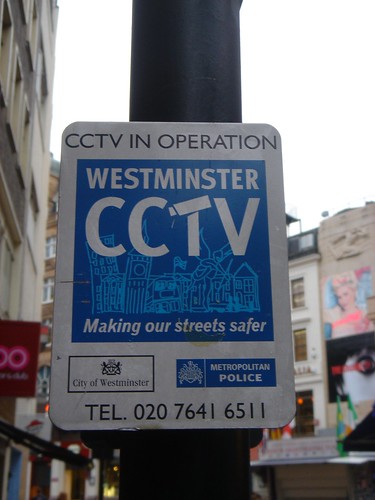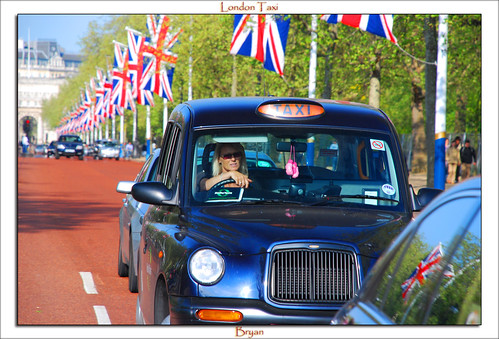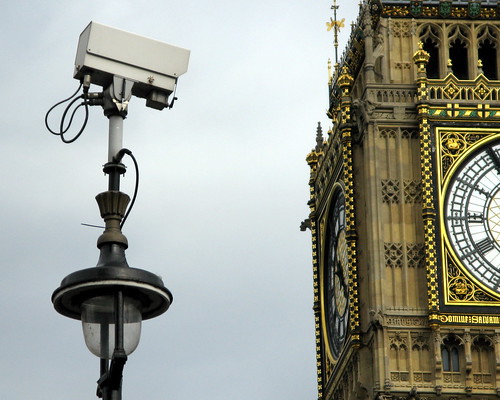The security operation at this week’s G20 summit was thrown into chaos last night when it emerged that the entire network of central London’s wireless CCTV cameras will have to be turned off because of a legal ruling.
The Department for Transport (DfT) has ruled that Westminster council’s mobile road cameras – a third of the authority’s CCTV network – “do not fully meet the resolution standards required” and must be switched off by midnight tomorrow.
The blackout begins on the eve of the summit, when world leaders arrive in the capital and protesters take to the streets.
The council only discovered last week that images from its newly installed £15m traffic cameras do not meet the quality required under the Traffic Management Act, which comes into force on 1 April.
In an urgently drafted letter seen by the Guardian and hand-delivered to the transport secretary, Geoff Hoon, on Friday, the council warns its entire network of wireless cameras will need to be shut down unless the minister finds a way to give special dispensation. “This would have a serious impact on our ability to manage our road network safely, as well as impeding our community protection efforts,” the letter states.
It adds: “We are seeking authorisation from DfT as a matter of urgency to enable Westminster to continue using its digital CCTV network.”
The 60 cameras in question use the latest digital technology and transmit images using Wi-Fi. While they are primarily for traffic enforcement, according to the council the cameras are “an essential additional tool” to tackle crime and disorder, and have been fixed to strategic locations across the capital ahead of the summit.
The 24-hour live footage from the cameras, which monitor roads around the West End, Belgravia, Trafalgar Square, Knightsbridge, Oxford Street and London’s main bridges, is also accessible to police and the intelligence services.
Click here to read more.



